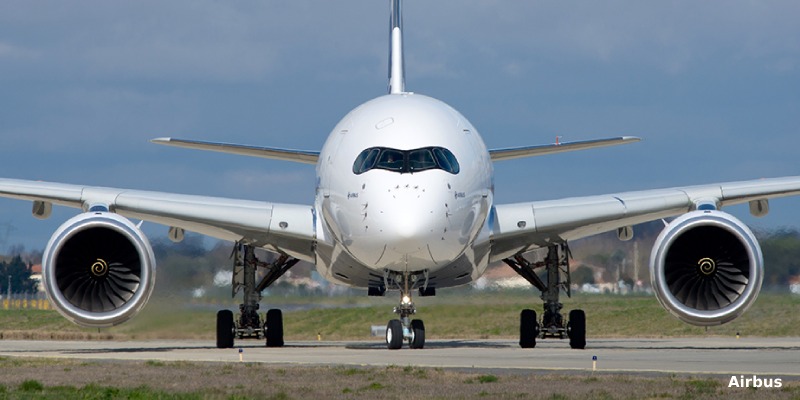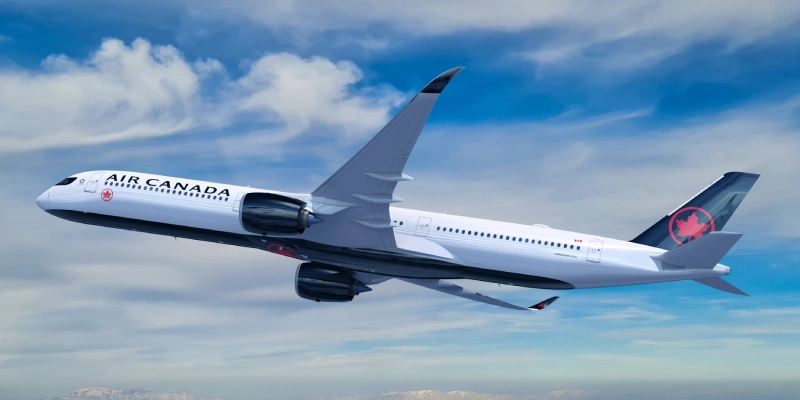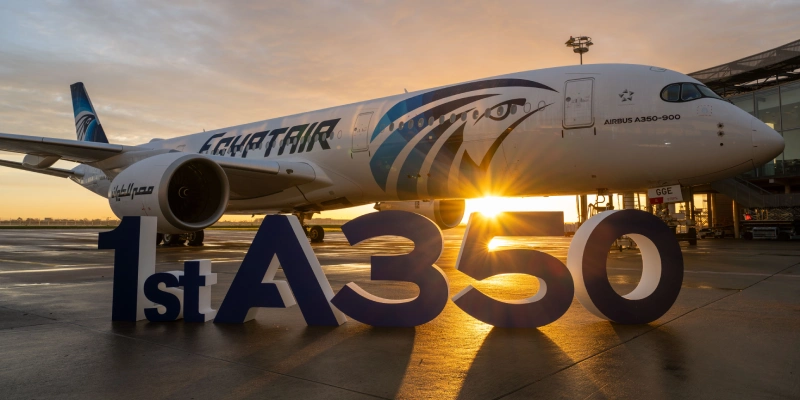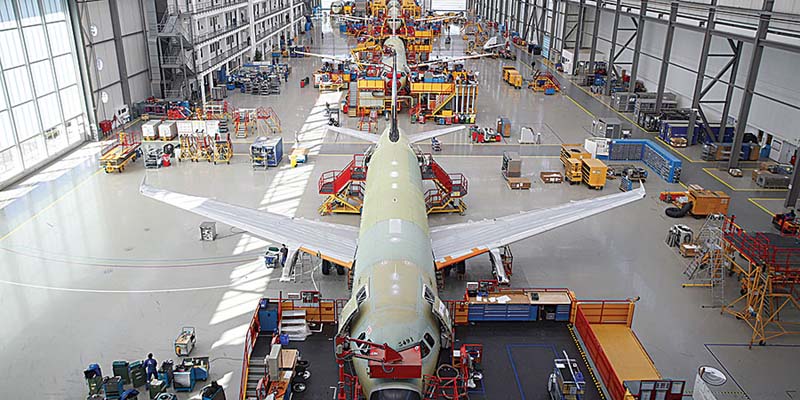Beijing’s plan to make its own commercial aircraft to break the Boeing-Airbus duopoly remains a costly pipe dream, according to a Washington-based think tank.
See also: Chinese C919 aircraft would certified in 2021.
Although Beijing has injected at least $45 billion into the China Commercial Aircraft Corporation (Comac) to build commercial aircraft, including the C919 airliner, the odds that China can make the project a success “are between slim and none,” said Scott Kennedy, senior adviser to the Center for Strategic and International Studies, which is responsible for the research, the South China Morning Post reported.
“Comac has received massive state funding and global attention, but it is not in the same league as the world’s leading commercial aircraft manufacturers such as Boeing, Airbus, Embraer and Bombardier. Comac is not even as capable as its Russian counterparts, including Ilyushin, Sukhoi and Tupolev, who have more advanced technology but have still struggled commercially,” Kennedy said in a note released Monday.
See also: MC-21-310 make first flight later this year.
The findings were the result of more than two years of research, including a field visit to the Comac factory in Shanghai, said Kennedy, who is also the chairman of the board of directors for business and the Chinese economy at the research center.
It could be devastating for China’s C919, as the plane depends on importing several crucial parts, from its engines to its flight control systems, so access to U.S. suppliers such as General Electric (GE), Honeywell International and Rockwell Collins is vital for future deliveries of the new model.
On China’s commercial aviation industry, Kennedy said, “I have looked at many industries in China, and this is definitely the most pathetic sector I have encountered. He went on to call Comac “a real organization dump fire.
Kennedy also said that it is “misleading to call the C919 a Chinese plane, because almost all of its components, including everything that keeps the plane in the air, are imported.
The C919 has not yet received certification from the country’s aviation regulatory body, the China Civil Aviation Administration.
“Not only is the C919 not a serious commercial threat to the Boeing 737 or the Airbus A320, but its development does not substantially help the Chinese military,” Kennedy said.
Sanctions on Comac would be “counterproductive” because China could retaliate by not buying from U.S. companies like Boeing, while accelerating self-sufficiency and moving away from the current U.S.-European-led hierarchy of aerospace technology, Kennedy added.
Earlier this year, Washington was considering denying GE’s latest license application to supply the CFM LEAP-1C engine for the narrow-body Comac jet, which is expected to go into service next year.
But the U.S. government finally approved the licensing of jet engines after President Donald Trump said the U.S. should not prevent companies from supplying jet engines and other components to China.
By Amanda Lee
Related Topics
United Airlines’ Purchase Order for Airbus A350 Jets on Hold Following Legal Dispute with Rolls-Royce
Air Canada Confirms Order for Eight Airbus A350-1000s
EGYPTAIR Receives Its First Airbus A350-900
Airbus Starts 2026 with 19 Deliveries and 49 New Orders
Líder en noticias de aviación




